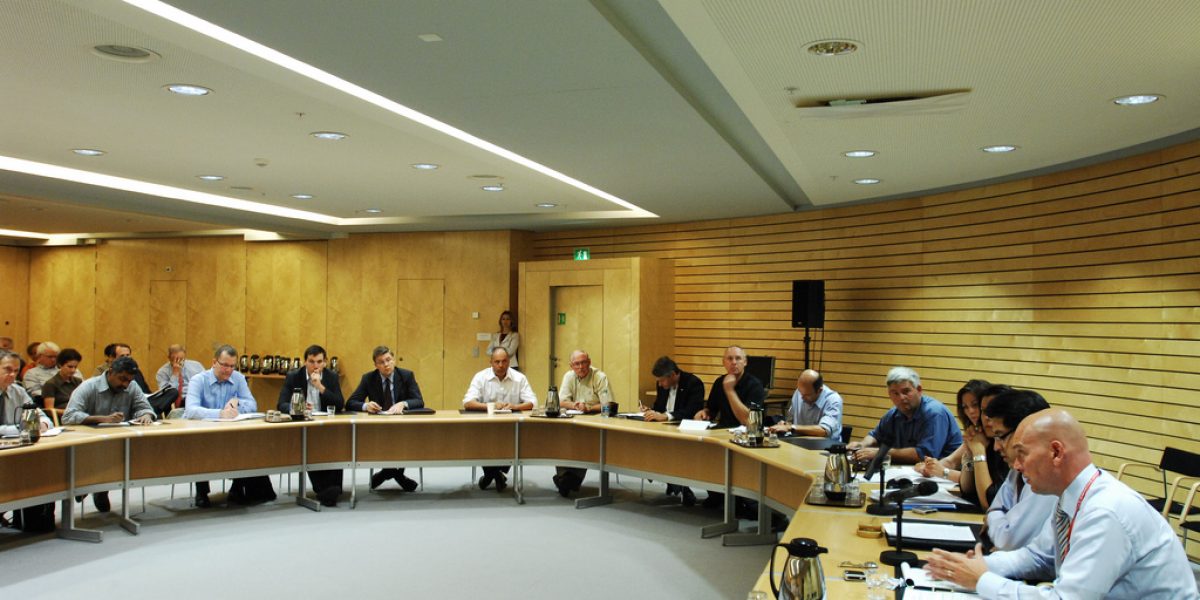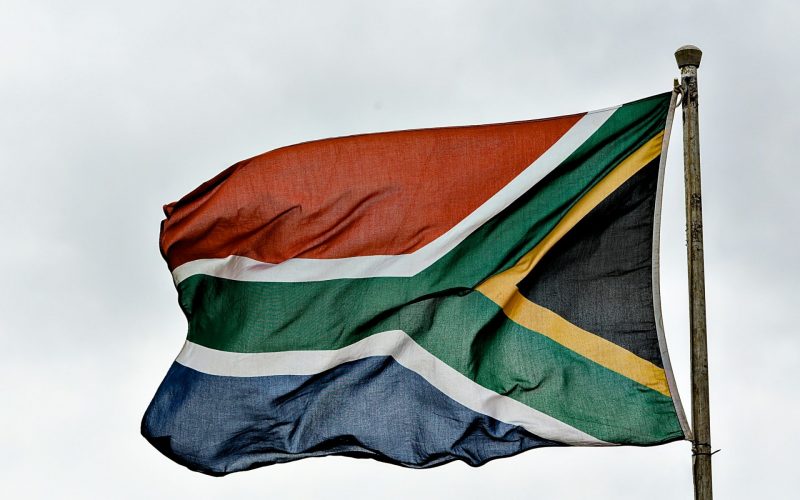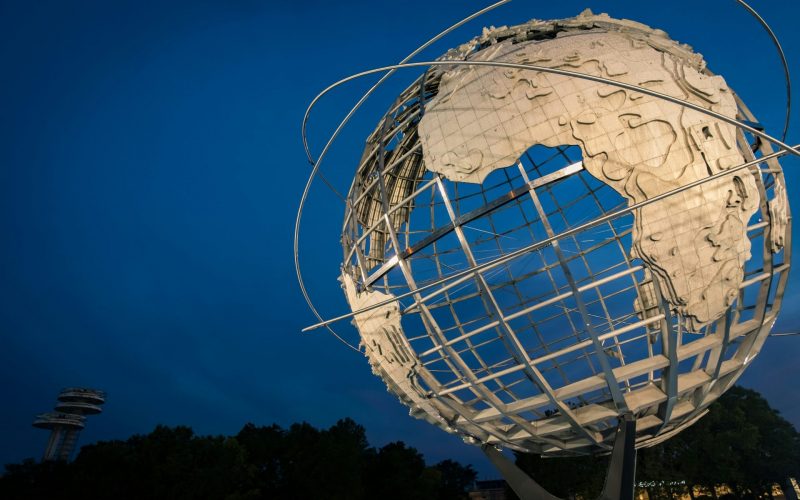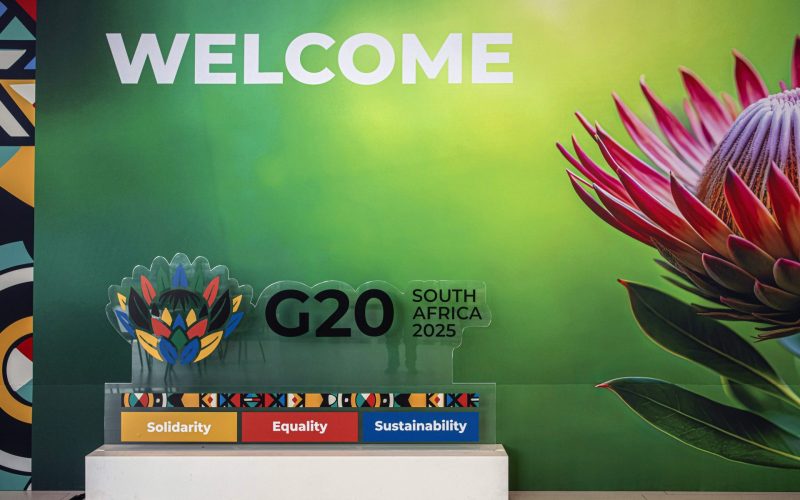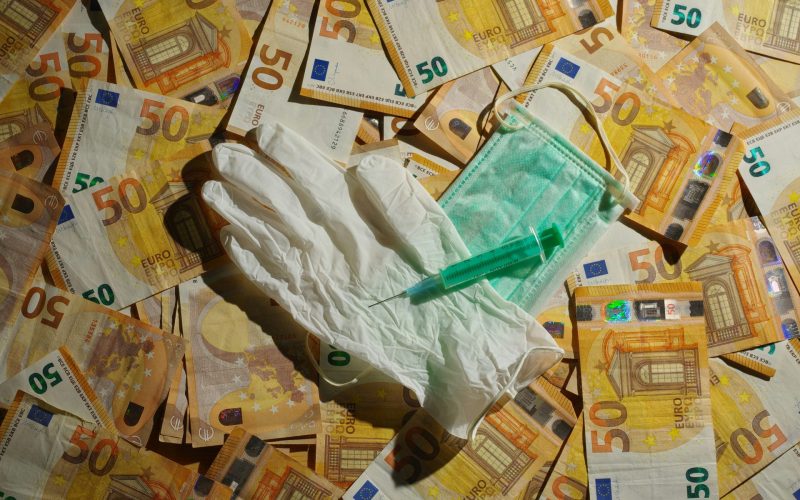Pascal Lamy, the WTO’s director-general, identified a “triangle” requiring resolution in order to unlock the broader round. Currently negotiators interpret this to mean that: the US must cut its domestic agricultural subsidies to a $17bn ceiling; the EU must offer better tariff and tariff quota access to its agricultural markets; and big developing countries (eg, Brazil, South Africa, India, China) must offer better tariff access to their industrial goods markets.
From a developing-country negotiating perspective the politics of this bargain are unfair. The EU and US would keep their elaborate agricultural subsidies with scant reductions in actual expenditures, whilst developing countries must open their markets for industrial goods and services.
Therefore many groups argue that “no deal is better than a bad deal”. A popular variant avers that the developed world must open its markets and leave developing countries alone.
But this logic makes neither political nor economic sense. It shifts attention away from the often disastrous (including protectionist) policies that developing countries follow at home and that are of far more significance to their citizens than what happens in the WTO. One-sided liberalisation in the developed world will not unlock the potential for expanding south-south trade but will inhibit developing countries’ growth prospects.
Furthermore, development does not begin in the WTO, and the WTO is not a development agency. It is a club whose primary purpose is to negotiate international trade rules and to impartially settle disputes arising from interpretation of those rules. If this club were to disappear, the weak would be at the mercy of the powerful; and if history is a guide the world would be a very dangerous place. That is why the post World War Two architects of the multilateral economic system created it: to prevent trade wars from destabilising global trade and endangering world peace, as happened in the 1930s.
Sure the system developed unevenly. For more than three decades developed countries exchanged concessions while developing countries, under the spell of import-substitution industrialisation and/or the Soviet orbit, excluded themselves. This began to change in the 1970s Tokyo round and gathered pace in the 1980s Uruguay round, when developing countries – notably the early unilateral liberalisers and most successful developing countries to date in East Asia and Latin America – began to participate on a substantial scale.
Unsurprisingly agriculture, clothing and textiles – developing countries’ principal concerns – were only fully incorporated into multilateral disciplines (on very unequal terms) at the end of the Uruguay round. The arrangement governing the latter expired at the end of 2004. Hence the Doha round is firmly focused on addressing structural imbalances in agriculture, the last bastion of (mostly) Western protectionism.
Yet it is naïve to pretend, as the ‘guardians of development’ do, that the developed world does not have interests of its own. Liberalisation there may entrench the strengthening anti-globalisation backlash with uncertain consequences for a world already suffering from geopolitical instability. And denying developed countries the possibility of securing extension of multilateral rules (some of which make good economic sense) into new areas will only push them to seek like-minded partners outside the WTO, through free-trade agreements.
Undoubtedly developed countries are selfishly protecting their own domestic political interests at the expense of developing-country growth, especially in agriculture, and their own consumers. Ironically African countries have a stake in preserving European protection owing to the elaborate preferential trade system from which they benefit. But if the multilateral trading system is to be durable, both Africa and Europe will have to change.
More broadly developing countries, with the exception of the poorest, have to do their bit in the Doha round. The real issue is the extent, timing and sequencing of their commitments and domestic capacities to implement them. Besides, ‘no deal’ means preservation of the status quo.
Therefore a ‘bad deal’ is better than ‘no deal’.
The real action now lies within the US-EU bilateral relationship. They must conclude the core agricultural package and bring other key players (notably Brazil, India, Japan, and Australia) on board. Failure to do so by the end of May means US negotiators will not be able to submit a package to Congress in time to pre-empt expiration of President Bush’s trade promotion authority (by which Congress delegates negotiating authority to the President and consents not to amend trade agreements) in July. If there is no such authority the round will go into the deep freeze until the next US president takes up the challenge of reviving it – in 2009.
Much depends on US trade politics. TPA extension will require bipartisan support – a commodity in short supply in Washington. And the Democrat Congress is less friendly to free trade than their Republican predecessors and hence likely to exact a high price (notably punishing China; stronger labour and environment protections; and more money for displaced workers).
Compounding this Congress is cobbling together a new Farm Bill. Previous farm bills generously dispensed pork to (mostly) 5 commodity groups: corn, cotton, oilseeds (soya), wheat and rice. Now other interest groups are angling for a share: fruit and vegetable growers, biofuel producers and users, nutrition advocates, and anti-poverty campaigners. On the plus side these pressures for higher spending run up against hard budget constraints and the pressure for compromise in the WTO negotiations. How this will turn out is anyone’s guess.
The EC faces its own constraints. A range of member states (fourteen at the last count) opposes making more concessions until the US demonstrates that it is prepared to take the knife to its farm spending. And in April France, this group’s primary promoter, will elect a new president. This political alignment renders any concessions by the EC in the absence of prior moves by the US unlikely.
Even if a US-EU compromise could be found, big developing countries would still have to be brought on board and sign up to a farm and industrial tariff liberalisation package. Never mind the vast bulk of poor developing countries resisting any liberalisation at all.
And all this has to fall into place by April/May in order to forestall TPA expiration by mid-year. The odds are less than even.

